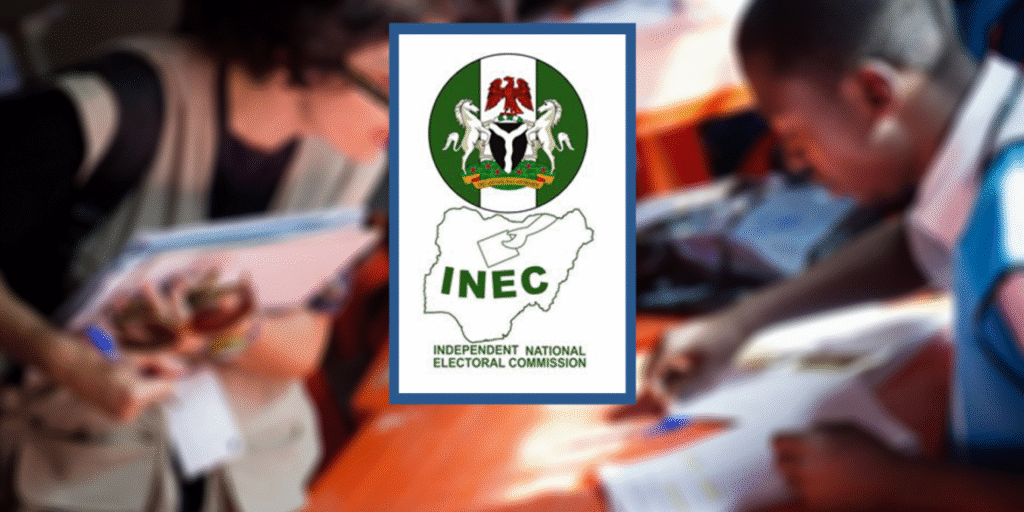The Independent National Electoral Commission (INEC) has urged journalists covering the forthcoming Anambra Governorship Election to strictly adhere to the provisions of the Electoral Act in their reports.
Mrs. Olachi Nwugo, Head of INEC’s Legal Department in Anambra State, gave the charge during an interview with the News Agency of Nigeria (NAN) in Awka on Thursday.
Nwugo emphasized the constitutional role of the media as the watchdog of society, as provided under Section 22 of the 1999 Constitution, and reinforced by the Electoral Act.
She noted that the press plays a crucial role in ensuring transparency and accountability in the electoral process.
According to her, journalists must understand the relationship between the hard-copy Form EC8A and the image of the same form uploaded on the INEC Result Viewing Portal (IReV).
“EC8A remains the legally primary document for the declaration of results.
“The IReV-uploaded image is a powerful verification tool that provides real-time transparency and a mechanism to resolve disputes at collation, significantly reducing the incentive for result manipulation,” she said.
According to her, for the Anambra Governorship Election, the media is a fundamental partner in maximising the Act’s intended benefits.
“The media’s accurate, timely and impartial reporting must follow a solid understanding of these legal provisions and technological processes and ensure that the electorate remains informed and to protect the integrity of the process.
“We urge you to leverage the transparency of the IReV platform to counter disinformation and hold all actors accountable to the letter and the spirit of the Electoral Act 2022,” she said.
She noted that the Electoral Act 2022 had provided a robust legal architecture for a transparent and credible election.
Nwugo disclosed that the deployment of technology particularly, the Bimodal Voter Accreditation System (BVAS) for accreditation and the IReV for results transfer and verification, had fundamentally altered Nigeria’s electoral landscape for the better.
She noted that the role of the media, as the primary source of information and accountability, required a deep knowledge of the legal framework that supported the electoral process.
According to her, any media house that prematurely declares a result based on unverified, non- IReV data face a big risk.
Nwugo advised the media to manage its relevance and at the same time overcome the legal risks associated with Section 60(5) and 64 of the electoral process.
She advised that the media should know the difference between voided vote, over-voting, margin of lead and inconclusive election as defined in the Electoral Act.
She urged those covering the election to put on their tag provided by INEC to avoid being embarrassed by security agents.


